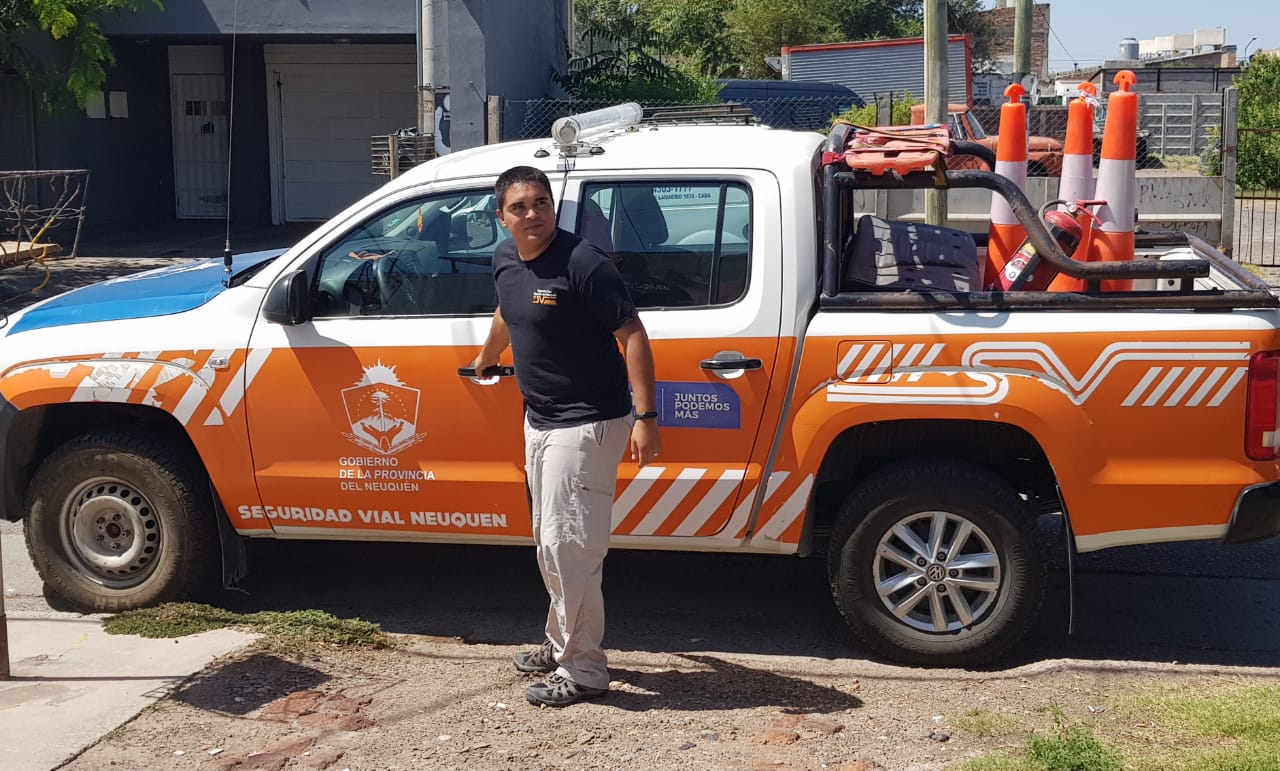
In a matter of only a few days, it feels as though the world has changed: plans and events are cancelled, jobs and funding are at risk, travel is minimized. This presents huge challenges for most organizations, including those in the road safety sector. Specifically, we see a number of issues that impact the work of road safety NGOs:
We asked some of our NGOs how they are managing and adapting under the circumstances. At times like this, should we carry on regardless, change our message or approach, or stop and wait for the crisis to pass? Here are a few ideas shared by our members:
Many NGOs have told us that they are adapting their messages to include the COVID messaging. For example, South Africans Against Drunk Driving are combining COVID advice with road safety messages such as wash your hands/wear your seat belt.
Above all, we must make sure that our road safety messaging does not distract from, but supports the global effort to overcome COVID-19. We are unlikely to be able to advocate in a meaningful way with our governments at this time, but some of our road behavior messages are particularly relevant at the moment. Hospitals cannot cope with road crash victims as they deal with COVID-19 victims: if we must travel, we must do so responsibly: wear a seat belt or a helmet, slow down, don’t drink and drive.
Several NGOs are adapting their messaging, connecting road safety to travel, to support the authorities in their efforts. Bien Argentino (pictured) are assisting their security forces in discouraging people from traveling to tourist spots in the province during the quarantine in Argentina, while in Brazil, Fundação Thiago de Moraes Gonzaga have been using social media cards and Instagram stories to push the message to stay home, but if you must travel, how to stay safe.
This can be a productive time. The Association for Safe International Travel is viewing this “as a useful planning period and hope that it is temporary.”
It is likely that there will be elements of this pandemic that safety advocacy can learn from.
In other sectors, we are seeing new approaches and technology replacing traditional face-to-face activities: online exercise classes, religious services, and schooling. How can we utilize the technology available to us to adapt our normal activities?
Please keep sharing your ideas and experiences with us. We are all learning at the moment and the experiences of others can be extremely helpful. Send your plans and ideas to liz@roadsafetyngos.org.